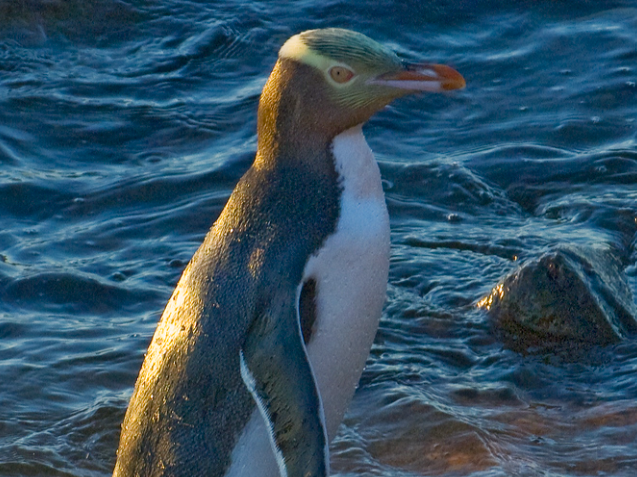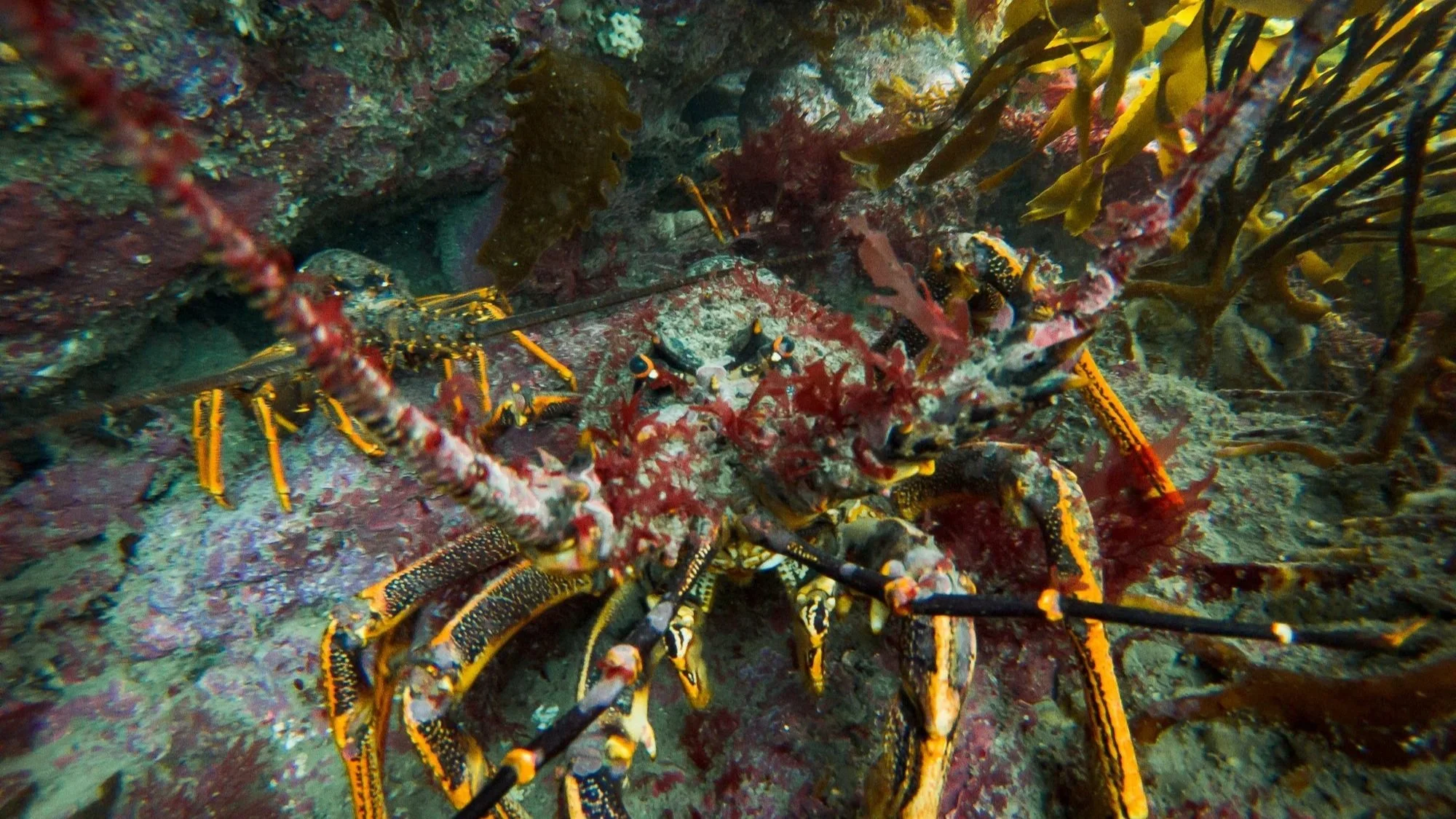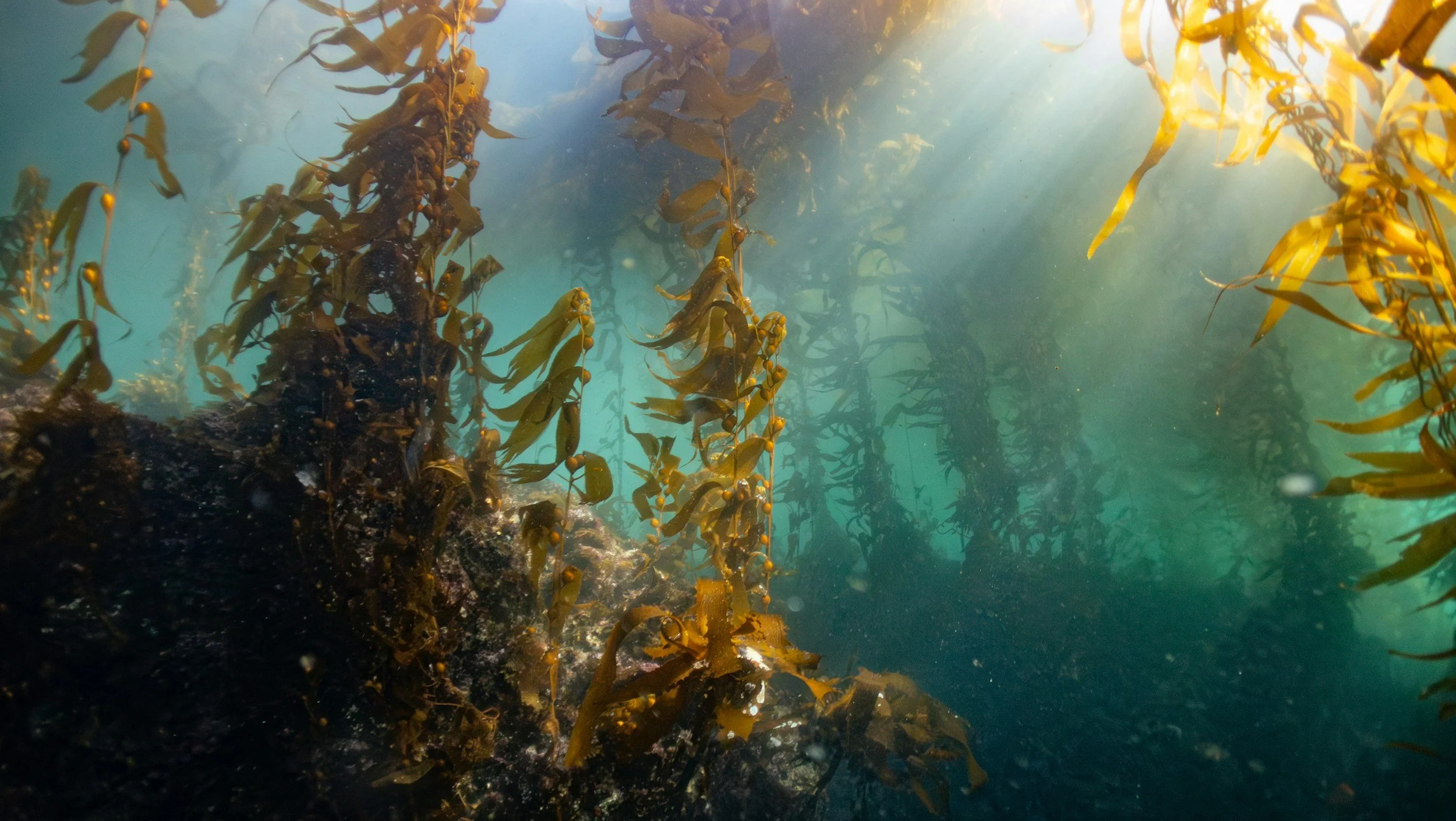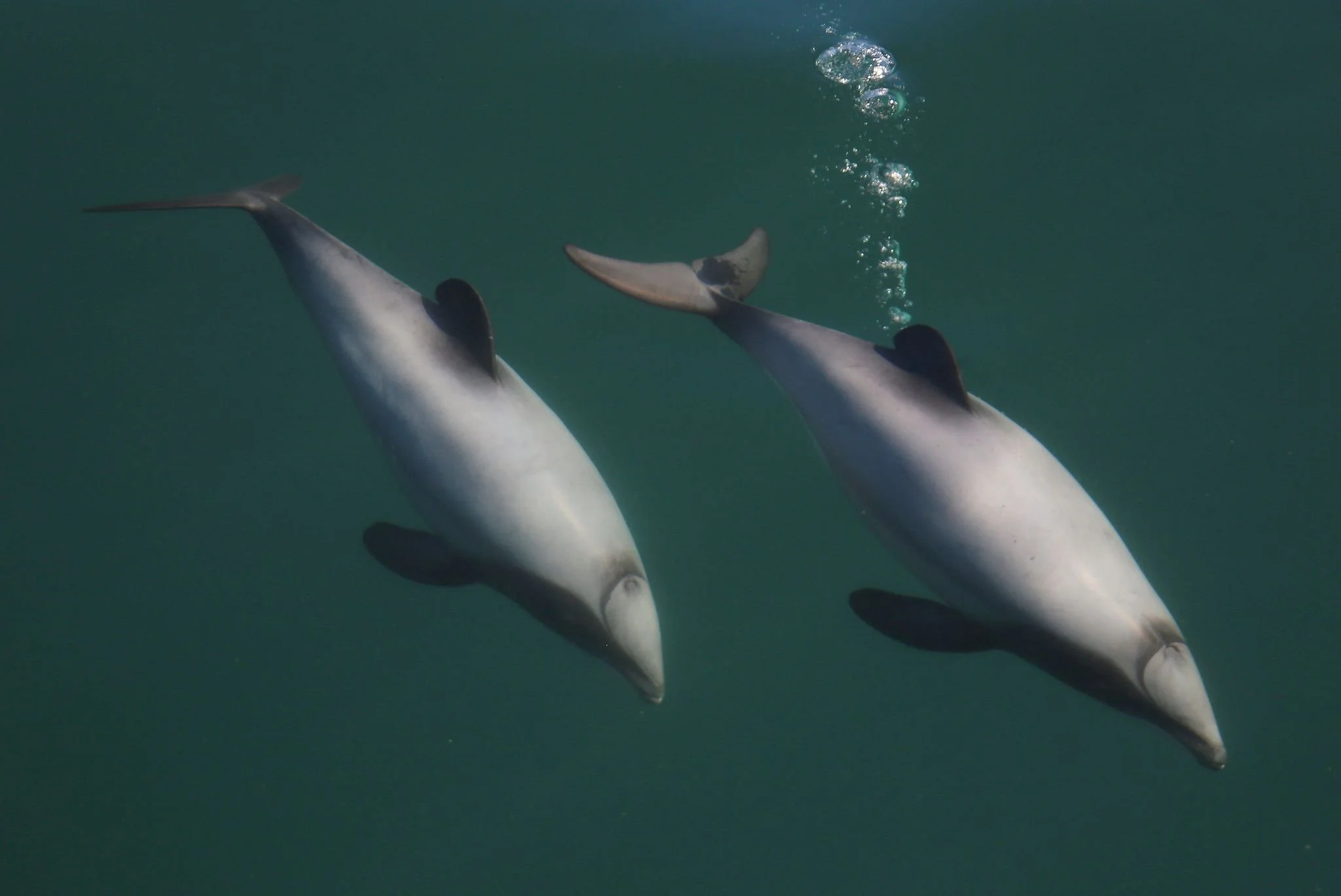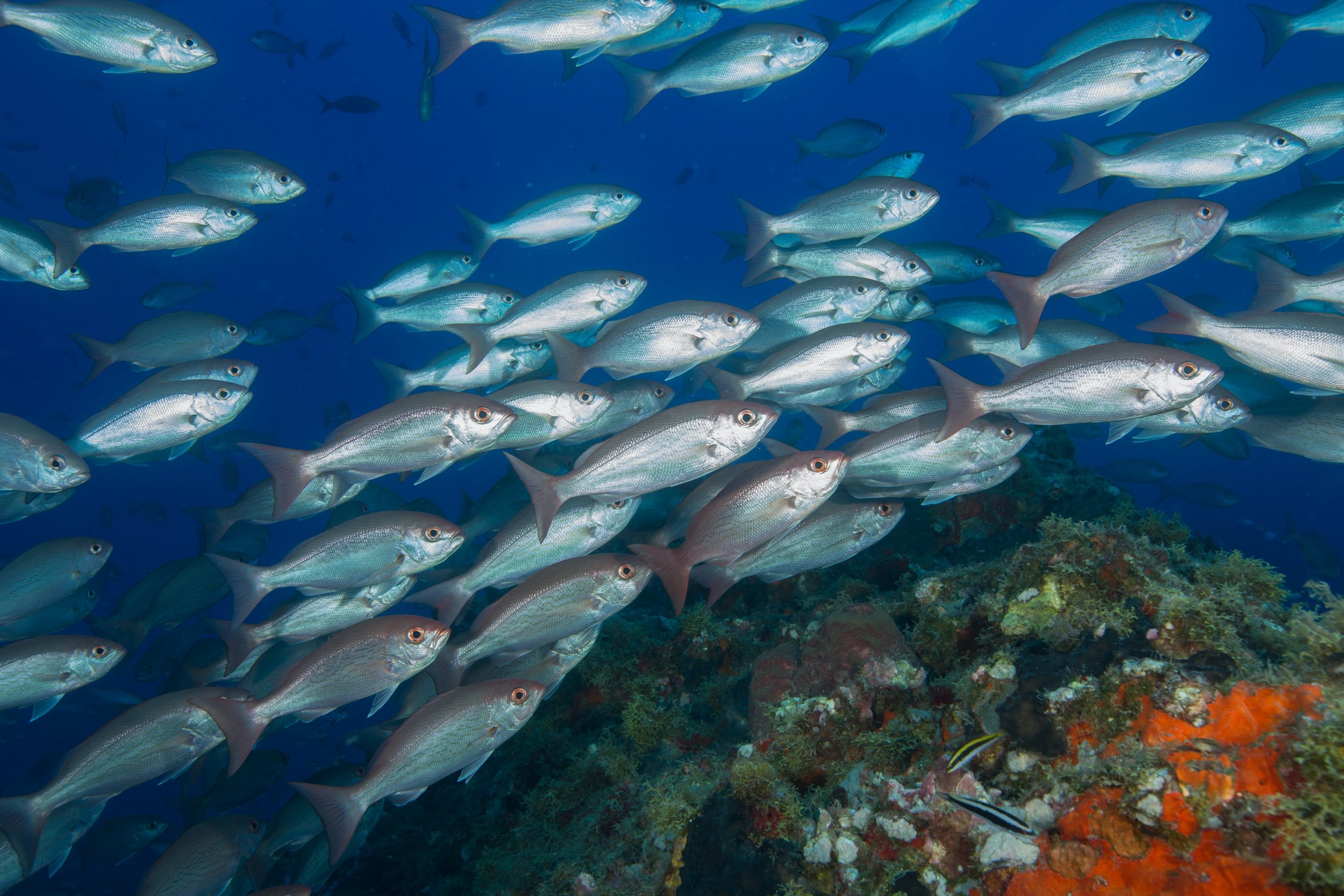
News and submissions
Hoiho judgment: Minister must take whatever steps necessary to ensure hoiho survival
Although ELI was not successful on the specific grounds of the judicial review, the judgment delivers powerful clarity about the Minister’s legal duties to protect hoiho.
Large crayfish closure welcomed, will require long-term monitoring and action to succeed
The Environmental Law Initiative (ELI) welcomes today’s announcement of a significant closure of the Northland spiny rock lobster (kōura) fishery, a long‑overdue response to the ecological crisis unfolding across northeast Northland.
Submission on the application for Puketeraki mātaitai reserve, East Otago
Submission on the establishment of Puketeraki mātaitai reserve in East Otago.
As hoiho court case wraps up, ELI says long-term proposal for hoiho needs rewrite
ELI says Fisheries New Zealand needs to act quickly to improve its long-term options for protecting hoiho, as the urgent hearing on emergency measures wrapped up today in the Wellington High Court.
ELI challenges emergency measures for hoiho in urgent High Court hearing
ELI is in the High Court this week for an urgent hearing challenging the Minister for Oceans and Fisheries’ emergency set-net fishing closure, which ELI argues is inadequate to protect the critically endangered northern hoiho (yellow-eyed penguin).
Emergency closure for hoiho welcome but falls short
The Environmental Law Initiative (ELI) says today’s announcement of an emergency three-month closure of set-net fishing around the Otago Peninsula by Minister for Oceans and Fisheries Shane Jones will protect some hoiho, while leaving others unprotected.
Fishers support ELI call for emergency closure to protect hoiho. Ministers must act.
The support of Otago set-net fishers for emergency closures of set-net fishing shows action to urgently protect hoiho has broad backing, and it is time for Ministers to act.
US Court finds NZ protection for Māui and Hector’s dolphins insufficient
A US Court has ruled that New Zealand fish exports fail to meet the United States Marine Mammal Protection Act – because New Zealand is not sufficiently protecting the critically endangered Māui dolphins from fishing related-deaths.
WIN: High Court finds Environment Southland failed to act against huge wetland losses
High Court finds Environment Southland failed to act against huge wetland losses.
WIN: High Court victory for ELI and Ngāti Kaharau and Ngāti Hau Hapū in fisheries case
High Court victory for Environmental Law Initiative and Northland hapū in fisheries case.
Our key recommendations for DOC's Conservation Services Programme
Populations of many protected species that inhabit New Zealand’s waters are declining. ELI recently submitted its feedback on DOC’s draft plan for the Conservation Services Programme, which serves as the government’s primary mechanism for understanding and tackling fishing-related risks to protected species. In light of the alarming decline in marine biodiversity and the precarious state of our marine environment, formulating an effective plan to thoroughly investigate and address the effects of fishing on our taonga marine species is critical. Here are our recommendations for improving the draft plan.
MPI’s proposals on “Habitats of Significance” misaligned with Fisheries Act
MPI recently sought feedback on its guidelines for “identifying habitats of particular significance” for fisheries management. Facing mounting pressure to address the declining health of coastal environments, MPI has claimed that this initiative is one of several to move Aotearoa New Zealand towards ecosystem-based management (EBM) of its fisheries.
ELI welcomes this end-goal, having made our views on the importance of EBM in Aotearoa’s fisheries known, both in court and in our public policy submissions. But we’re equally concerned that these proposals in their current form are unlikely to get us there. Here’s why.
Improving our national plan for shark conservation in Aotearoa - our submission
New Zealand’s Exclusive Economic Zone (EEZ) is home to at least 113 species of shark, more than 70 of which have been recorded in NZ’s fisheries. Sharks play an important role in maintaining healthy marine ecosystems, but face a litany of significant threats, most of which are human induced. Read our submission to FNZ and DOC on their Draft National Plan of Action for the Conservation and Management of Sharks 2022.
Missed opportunities in the Fisheries Amendment Bill
Read our full submission on the Fisheries Amendment Bill, and why the proposed changes are unlikely to fulfil the Govt’s stated intentions for our Oceans and Fisheries.
Without a better plan, New Zealand risks sleepwalking into a biodiversity extinction crisis
Read our analysis in The Conversation on Aotearoa’s biodiversity crisis, and why we must strengthen our plan for addressing it.
Sand mining at Pakiri beach: Our submission to Auckland Council
Two resource consent applications have been lodged to Auckland Council by private company McCallum Bros to continue sand mining in-shore and mid-shore around the Pakiri beach area. If successful, these developments are likely to have negative effects on a number of indigenous species, habitats and taxa, including the New Zealand Fairy Tern (the rarest endemic bird species in Aotearoa). In ELI’s view, because of lack of available evidence on the ecological effects of the development, Auckland Council is obligated to apply a precautionary approach and decline the application, or pause it until further information is available.
Urgency missing from on-board camera rollout for commercial fishing
Aotearoa is suffering a serious marine biodiversity crisis. Considering this, it is surprising that Fisheries NZ does not mention the word biodiversity once in its plan to implement camera technologies on its inshore commercial fishing fleet. In ELI’s view, the proposal lacks the urgency and context of the crisis the rollout is designed to address. Read our submission to FNZ here.
Living up to our international fisheries obligations: our submission to FNZ
With an EEZ that occupies a relatively generous share of the world’s oceans, New Zealand lags behind other countries in its adoption of international standards and norms. This consultation provides the perfect opportunity for New Zealand to do a stock take against international developments in fishing over the past 25 years, redress the current inadequacies in the Fisheries Act (we have suggested two), and fully implement the international obligations we have signed up to on the world stage.

